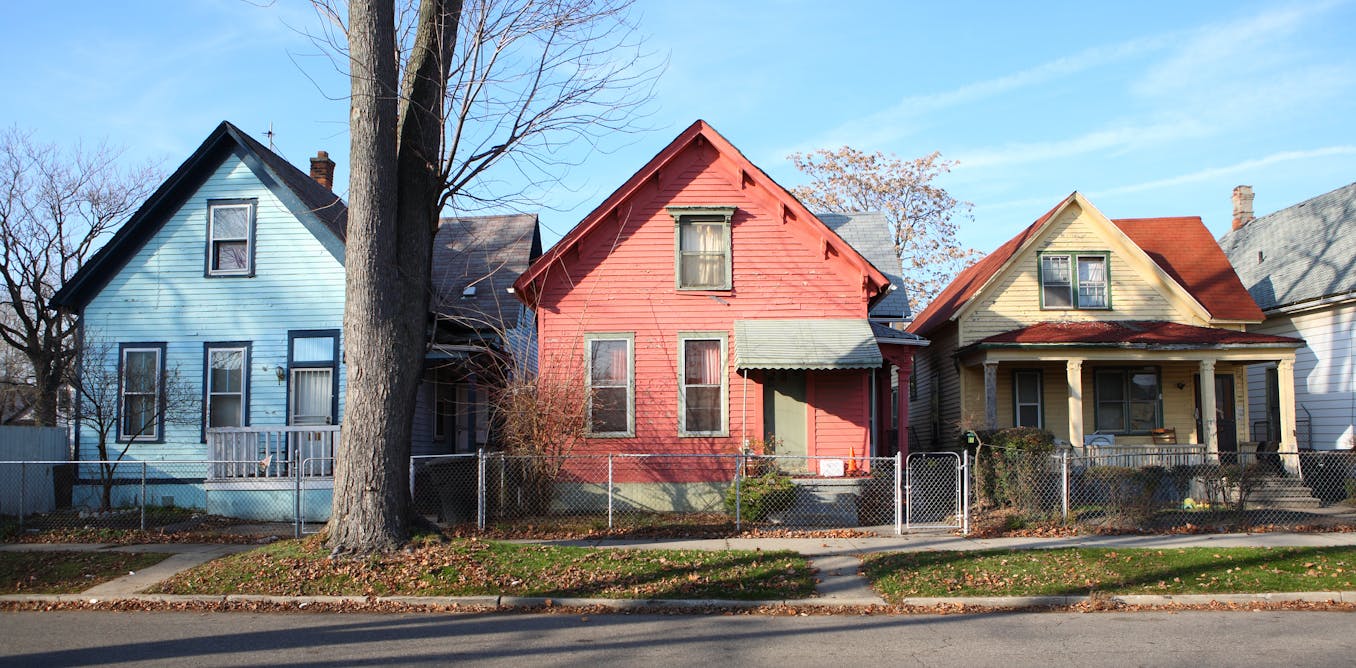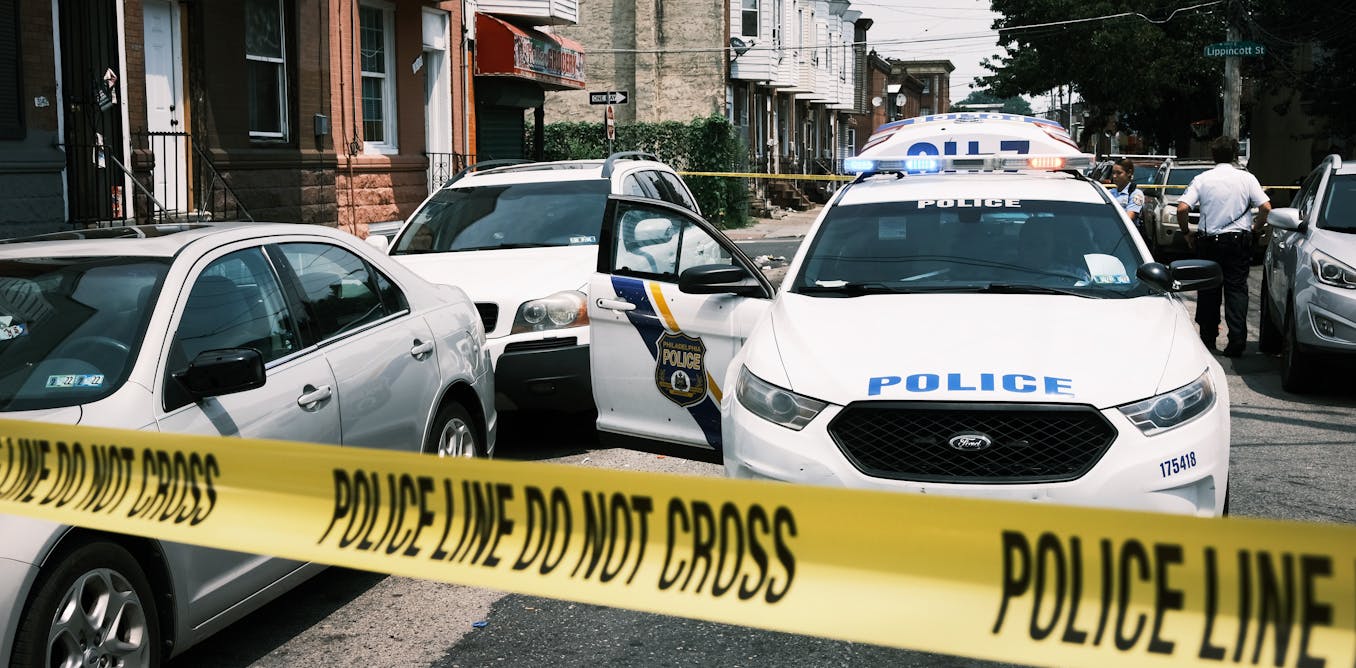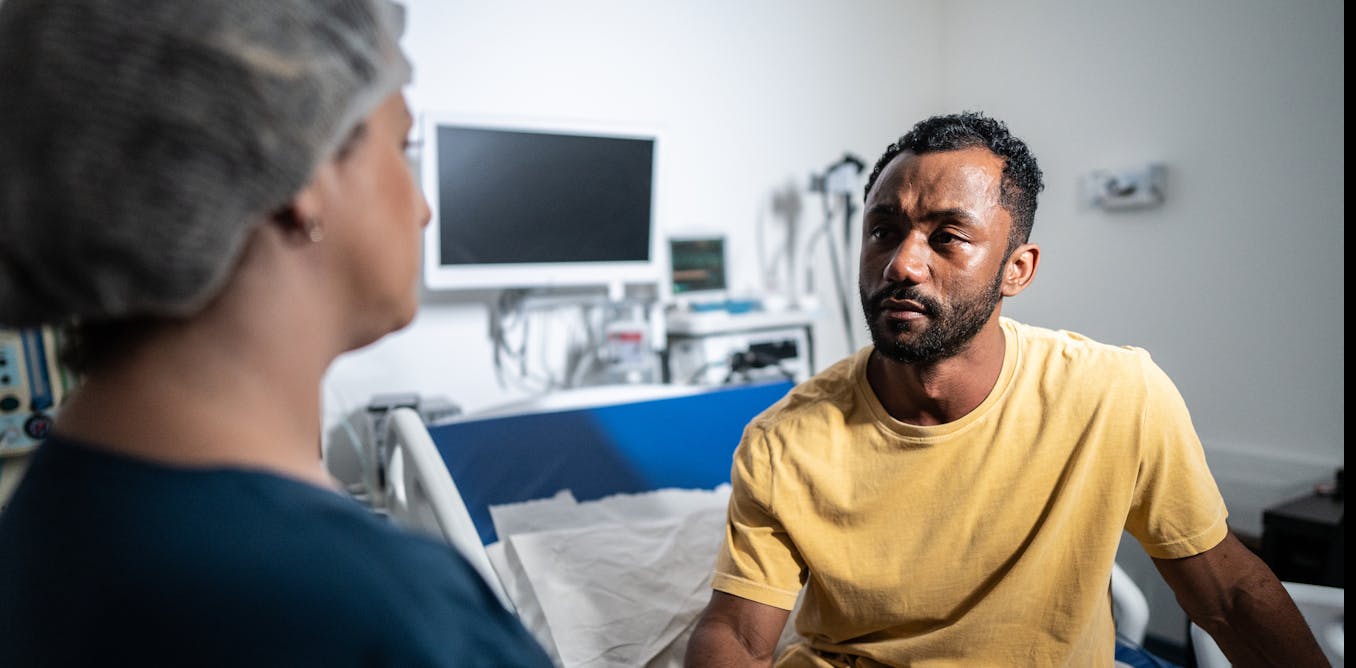Detroit’s legacy of housing inequity has caused long-term health impacts − these policies can help mitigate that harm
Historical housing discrimination in Detroit persists today and causes disparities in health outcomes. Policies are making a difference, but more needs to be done.
July 3, 2024 • ~7 min
Kidneys from Black donors are more likely to be thrown away − a bioethicist explains why
As it is now, the transplant system treats kidneys from all Black donors as if they are at higher risk for failing, even though only some are.
June 25, 2024 • ~7 min
‘It’s a deep emotional ride’ – 12 young people in Philly’s toughest neighborhoods explain how violence disrupts their physical and mental health
A social science researcher followed a dozen teens from different neighborhoods in North, West and Northeast Philadelphia, tracking their family histories and heart rates as they navigated daily life.
April 30, 2024 • ~10 min
Do implicit bias trainings on race improve health care? Not yet – but incorporating the latest science can help hospitals treat all patients equitably
Many Black patients experience stark differences in how they’re treated during medical interactions compared to white patients.
April 24, 2024 • ~11 min
How a Victorian trip to Palestine spurred modern ornithology – and left it with imperial baggage
H.B. Tristram was a Victorian clergyman and ornithologist who categorised a list of birds he’d found in Palestine.
Dec. 18, 2023 • ~7 min
How a colonial trip to Palestine spurred modern ornithology – and left it with imperial baggage
H.B. Tristram was a Victorian clergyman and ornithologist who categorised a list of birds he’d found in Palestine.
Dec. 18, 2023 • ~7 min
Racism produces subtle brain changes that lead to increased disease risk in Black populations
Racial threats and slights take a toll on health, but the continual invalidation and questioning of whether those so-called microaggressions exist has an even more insidious effect, research shows.
Dec. 15, 2023 • ~8 min
In the worst of America's Jim Crow era, Black intellectual W.E.B. Du Bois found inspiration and hope in national parks
Though progressive politics at the turn of the 20th century called for the protection of America’s national parks, it did so for the enjoyment of white people.
Dec. 14, 2023 • ~9 min
/
7







